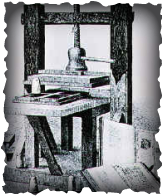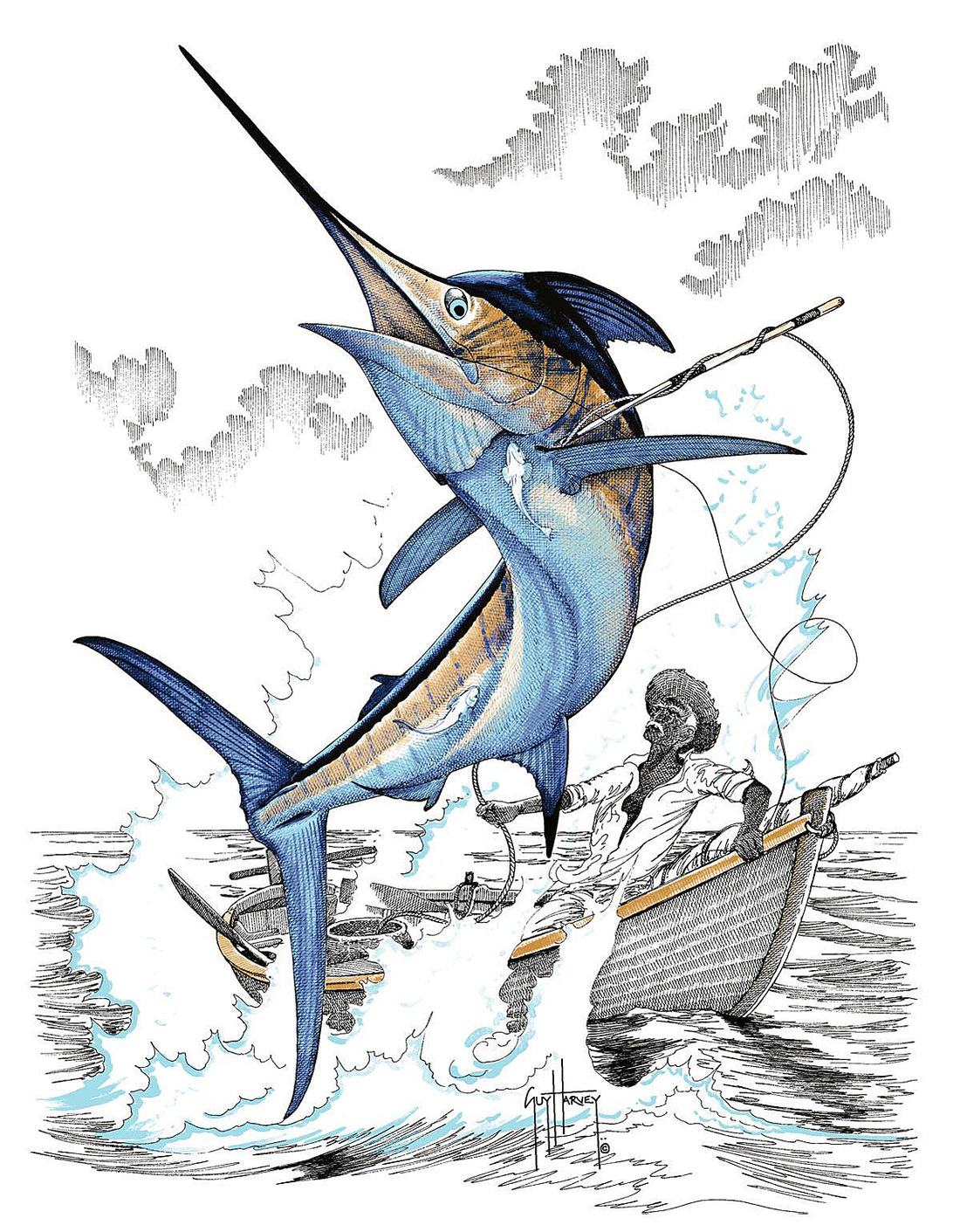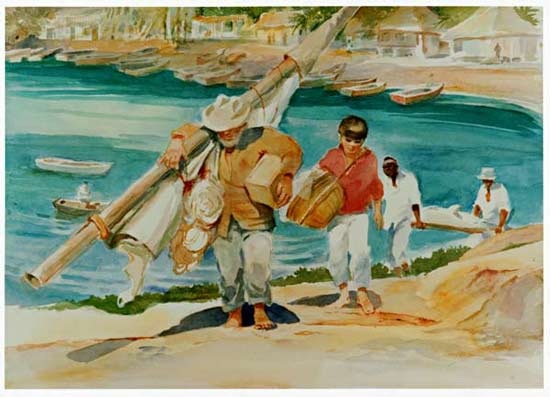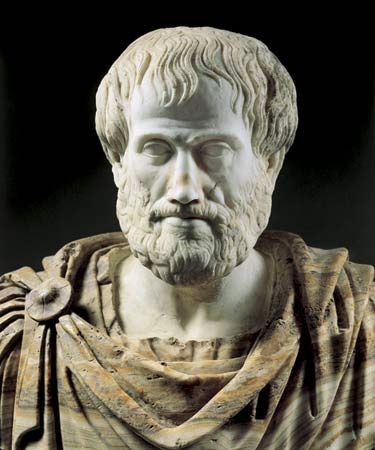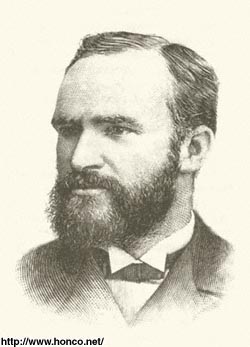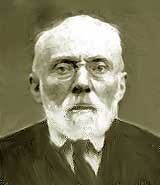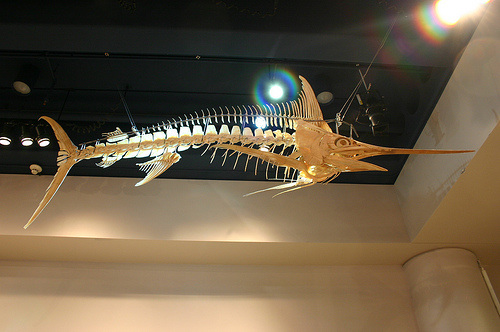Yeah, I chose The Old Man and the Sea. Yes, I know it's easy considering it's a novella [especially since Foster talks about how the old man is a Christ figure in HTRL]. Don't worry, though, Mrs. Johnson, I'll be creative with the book. [Also, please don't count the italicized introduction of my blog!!!!]
Considered by many as a modern masterpiece, The Old Man and the Sea employs voice to create an aura of mythic power around the daily norms of life. "The Great DiMaggio" is mentioned throughout the novella as though a legendary hero, while the very manner of normal speech utilized by the boy and Santiago is lacking the casual informal tone expected of a poor Hispanic fisher and his apprenticed boy. In this case, the diction provides a much more formal environment, showing the nobleness of Santiago and the unnamed boy.
The author, for example, refuses to use many contractions throughout the work. Using the limits of formal English provide more emphasis on the non-casual diction of the piece. As a result, the boy simply continues a pattern of formality on page 18 when he says "I go now for the sardines." The low meaning of the statement is obscured by the high and noble diction of the statement. The formality of the situation shows a mutually respectful, and as a result, loving relationship between both the boy and the old man.
The diction of Jeanette Walls in her own memoir The Glass Castle, shows similar love using different means. The familiar and extremely informal English uses an entirely different set of grammar rules than those of The Old Man and the Sea. On page 83, when Jeannette defends her father against Deel's accusations, she says “My daddy is nothing like your daddy!” I shouted. “When my daddy passes out, he never pisses himself.” Her love and respect is not carried in the diction of her retort, a rather innocent and childish choice of words, but in the full meaning of her word. Her diction, instead, shows a stubborn and innocent belief and respect for her father. The reader can easily imagine a young and silly child trying to futilely defend her father against accusations, a portrayal of Jeannette which lends her a similar aura of nobility, much as Hemingway's Santiago.
Considered by many as a modern masterpiece, The Old Man and the Sea employs voice to create an aura of mythic power around the daily norms of life. "The Great DiMaggio" is mentioned throughout the novella as though a legendary hero, while the very manner of normal speech utilized by the boy and Santiago is lacking the casual informal tone expected of a poor Hispanic fisher and his apprenticed boy. In this case, the diction provides a much more formal environment, showing the nobleness of Santiago and the unnamed boy.
The author, for example, refuses to use many contractions throughout the work. Using the limits of formal English provide more emphasis on the non-casual diction of the piece. As a result, the boy simply continues a pattern of formality on page 18 when he says "I go now for the sardines." The low meaning of the statement is obscured by the high and noble diction of the statement. The formality of the situation shows a mutually respectful, and as a result, loving relationship between both the boy and the old man.
The diction of Jeanette Walls in her own memoir The Glass Castle, shows similar love using different means. The familiar and extremely informal English uses an entirely different set of grammar rules than those of The Old Man and the Sea. On page 83, when Jeannette defends her father against Deel's accusations, she says “My daddy is nothing like your daddy!” I shouted. “When my daddy passes out, he never pisses himself.” Her love and respect is not carried in the diction of her retort, a rather innocent and childish choice of words, but in the full meaning of her word. Her diction, instead, shows a stubborn and innocent belief and respect for her father. The reader can easily imagine a young and silly child trying to futilely defend her father against accusations, a portrayal of Jeannette which lends her a similar aura of nobility, much as Hemingway's Santiago.
 RSS Feed
RSS Feed